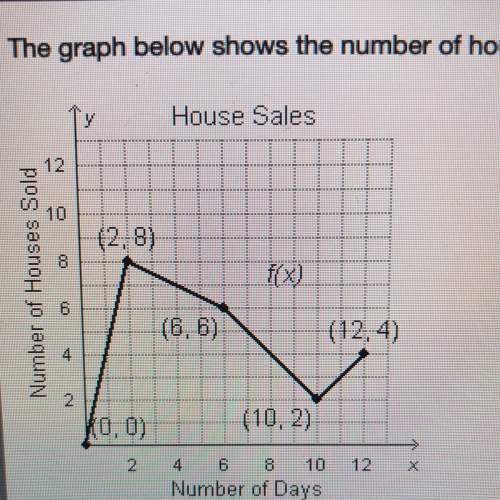
Mathematics, 19.11.2019 04:31 Geo777
Recall the following property of integrals: if f ( t ) ≥ g ( t ) for all t ≥ 0 , then for all x ≥ 0 , ∫ x 0 f ( t ) d t ≥ ∫ x 0 g ( t ) d t 4 the inequality e t ≥ 1 holds for t ≥ 0 because e > 1. use (4) to prove that e x ≥ 1 + x for x ≥ 0 then prove, by successive integration, the following inequalities (for x ≥ 0 ): e x ≥ 1 + x + 1 2 x 2 e x ≥ 1 + x + 1 2 x 2 + 1 6 x 3.

Answers: 2


Another question on Mathematics

Mathematics, 21.06.2019 16:20
What are the soultion(s) to the quadratic equation 40- x^2=0
Answers: 1

Mathematics, 21.06.2019 22:00
Select the correct answer from each drop-down menu. consider the following polynomials equations. 3x^2(x-1) and -3x^3+ 4x^2-2x+1 perform each operation and determine if the result is a polynomial. is the result of a + b a polynomial? yes or no is the result of a - b a polynomial? yes or no is the result of a · b a polynomial? yes or no
Answers: 1


You know the right answer?
Recall the following property of integrals: if f ( t ) ≥ g ( t ) for all t ≥ 0 , then for all x ≥ 0...
Questions

Business, 05.07.2019 18:40

History, 05.07.2019 18:40



History, 05.07.2019 18:40

Mathematics, 05.07.2019 18:40




Social Studies, 05.07.2019 18:40

History, 05.07.2019 18:40

History, 05.07.2019 18:40


Mathematics, 05.07.2019 18:40

Mathematics, 05.07.2019 18:40

Biology, 05.07.2019 18:40

History, 05.07.2019 18:40






